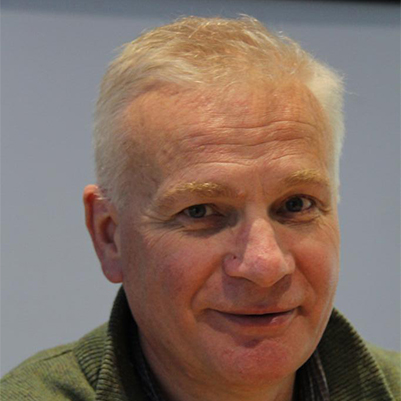The Control of Technology by Nation State: Past, Present, and Future – The Case of Cryptology and Information Security

ABSTRACT
Since the fifties, strong controls have been enforced to prevent the spread of military-grade technology or dual use technologies and, later, especially of Information Security science. These controls originally focus on homeland and international security purposes. But the fall of the Soviet bloc has changed the situation. The enforced controls now aim at organizing an economic dominance of a very few Nation States whose real intent is to organize the strategic dominance over the rest of the world. This paper explains how controls have been organized by the four major actors: Nation State, Industry, Academics, and Hackers.
AUTHORS

ENSIBS Vannes,
France
Eric Filiol is an Associate Professor at ENSIBS, Vannes, an Associate Professor at CNAM, Paris, an associate professor at Moscow’s HSE University in the field of information and systems security and a senior consultant in cybersecurity and intelligence. He directed the research of the ESIEA group and its cybersecurity laboratory for 12 years. He spent 22 years in the French Army (Infantry/Marine Groups). He holds an engineering degree in cryptology, a doctorate in applied mathematics and computer science from the École Polytechnique and an authorisation to conduct research (HDR) in information from the University of Rennes. He holds several NATO intelligence certifications. He is the editor-in-chief of the Journal in Computer Virology and Hacking Techniques published by Springer. He regularly presents at international conferences in the field of security (Black Hat, CCC, CanSecWest, PacSec, Hack.lu, Brucon, H2HC...). He enjoys walking and hiking and playing the bass guitar (jazz).
Published In
Journal of Information Warfare
The definitive publication for the best and latest research and analysis on information warfare, information operations, and cyber crime. Available in traditional hard copy or online.
Quick Links
Archive

